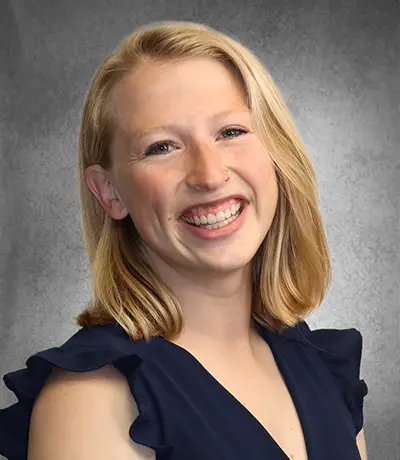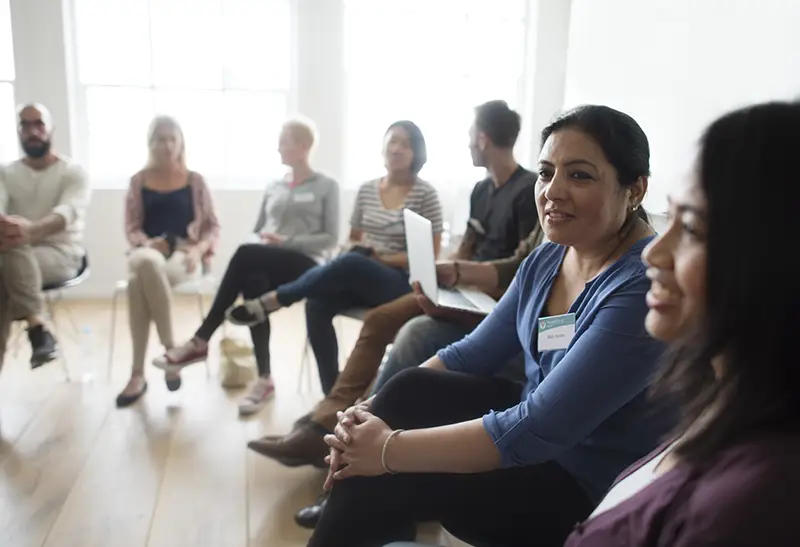
Group therapy can seem daunting, especially if you’re new to the counseling process and aren’t aware of all the benefits and drawbacks. Understanding all the factors and potential considerations is an important step in determining if group therapy is right for you.
Potential Benefits
Different modalities and types of groups
- Just like individual counseling, there are many different types of groups to choose from. Some are based on the modalities or theories used to treat various diagnoses, others are based on diagnoses such as social anxiety disorder or postpartum depression. If one type of group is not a great fit, there are other options to choose from.
Communication and skill building
- Many groups focus on building and practicing skills such as communication, emotional regulation, relaxation, and mindfulness. Groups can be a good way to learn these skills as there is room for more discussion with other participants. Often there are more opportunities for differing perspectives than one might find in individual counseling.
Finding role models and becoming role models
- One of the benefits of group therapy that cannot be found in individual counseling is the process of finding role models and having the opportunity to become one yourself. Often times in group, there are several cycles and different individuals who are at different levels of healing. Due to these variations, participants who are further along in their healing process can offer guidance, perspective, and support to participants who are newer to the process. In time, the same individuals who received guidance are then able to give that support to new members who are struggling with the same things that they struggled with. Group therapy is a wonderful opportunity for individuals to both receive and give care to others.
Sense of belonging
- Even more so than individual counseling, group counseling can offer a sense of belonging to individuals that they may not experience in other aspects of their lives. When a group of people comes together based on a mutual struggle, there is shared understanding and a common experience. While counselors do their best to make the counseling relationship as egalitarian as possible, there are inevitable power differentials and people may experience their counselor as an expert more than a guide on the same journey. Because of this, the connection that occurs between peers in a group setting can be an important part of the healing journey in helping individuals recognize that they are not alone, and that growth is possible.
Potential Drawbacks
Confidentiality and Privacy
- When starting a new group, a facilitator should always inform the participants of the limits to confidentiality in the group setting. In a group setting, confidentiality cannot be guaranteed. Generally, a facilitator will set an expectation for the group that what is said in the group does not leave the group. However, the facilitator cannot guarantee confidentiality for anyone other than themselves. This is one potential drawback to a group setting.
Less personal focus
- Where individual counseling is focused on the individual, group counseling is focused on the group. If an individual is looking for more personal focus, they are not likely to find this in a group setting. Group is generally a great modality to use in tandem with individual counseling so that each participant has an opportunity to process the group experience in a personal way with their individual counselor.
Less scheduling flexibility
- In individual counseling, a counselor may have more flexibility for scheduling preferences. In a group setting, the time is often set and cannot be changed due to the number of participants as well as requirements of securing a space.
Considering these potential factors can help individuals decide if group counseling is right for them!
– Julia Phelps is a Licensed Professional Counselor for Health West. She earned her bachelor’s degree from the College of Idaho and her Master of Counseling degree from Idaho State University. She speaks both English and Spanish and is particularly passionate about mental health in rural and underserved communities.







